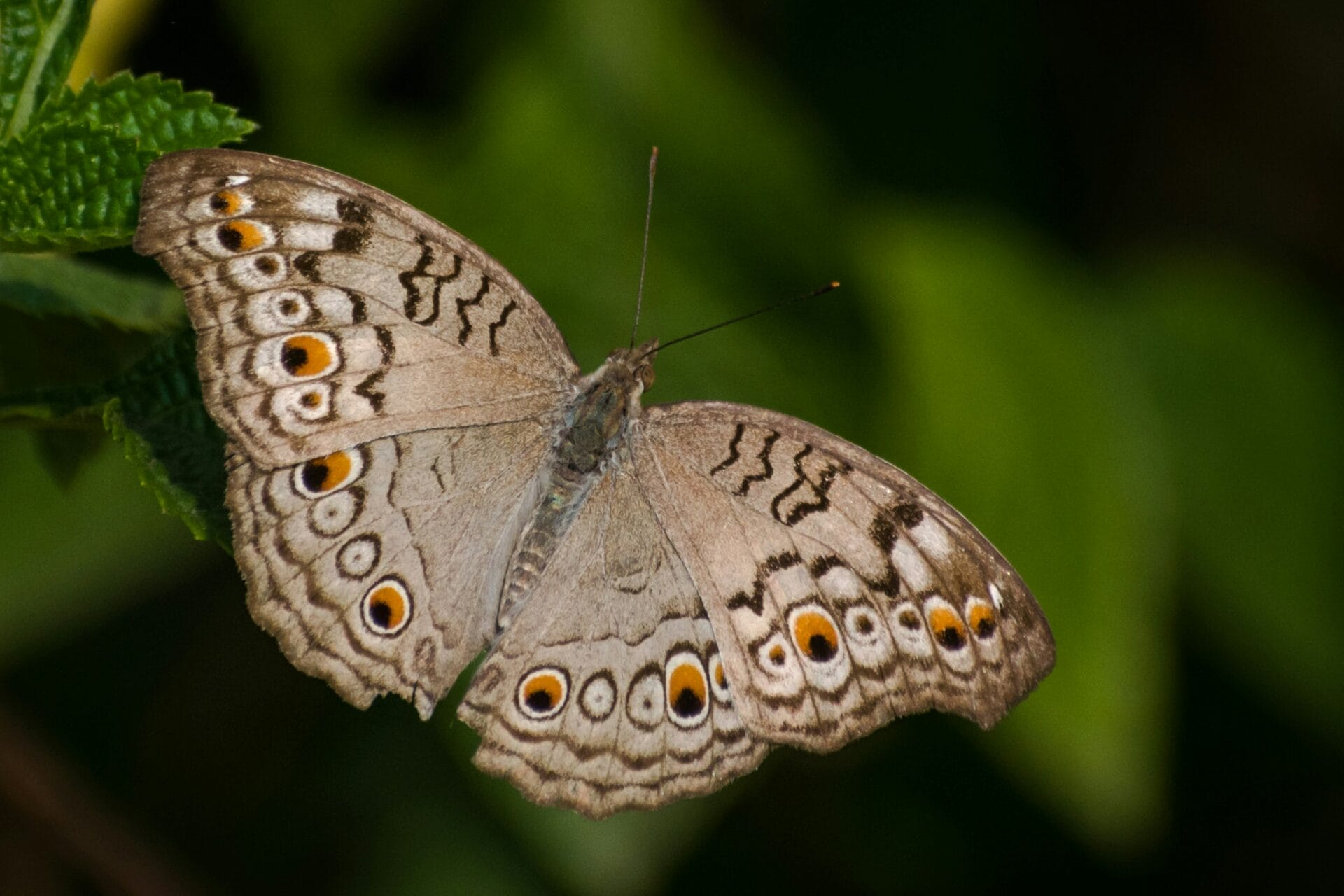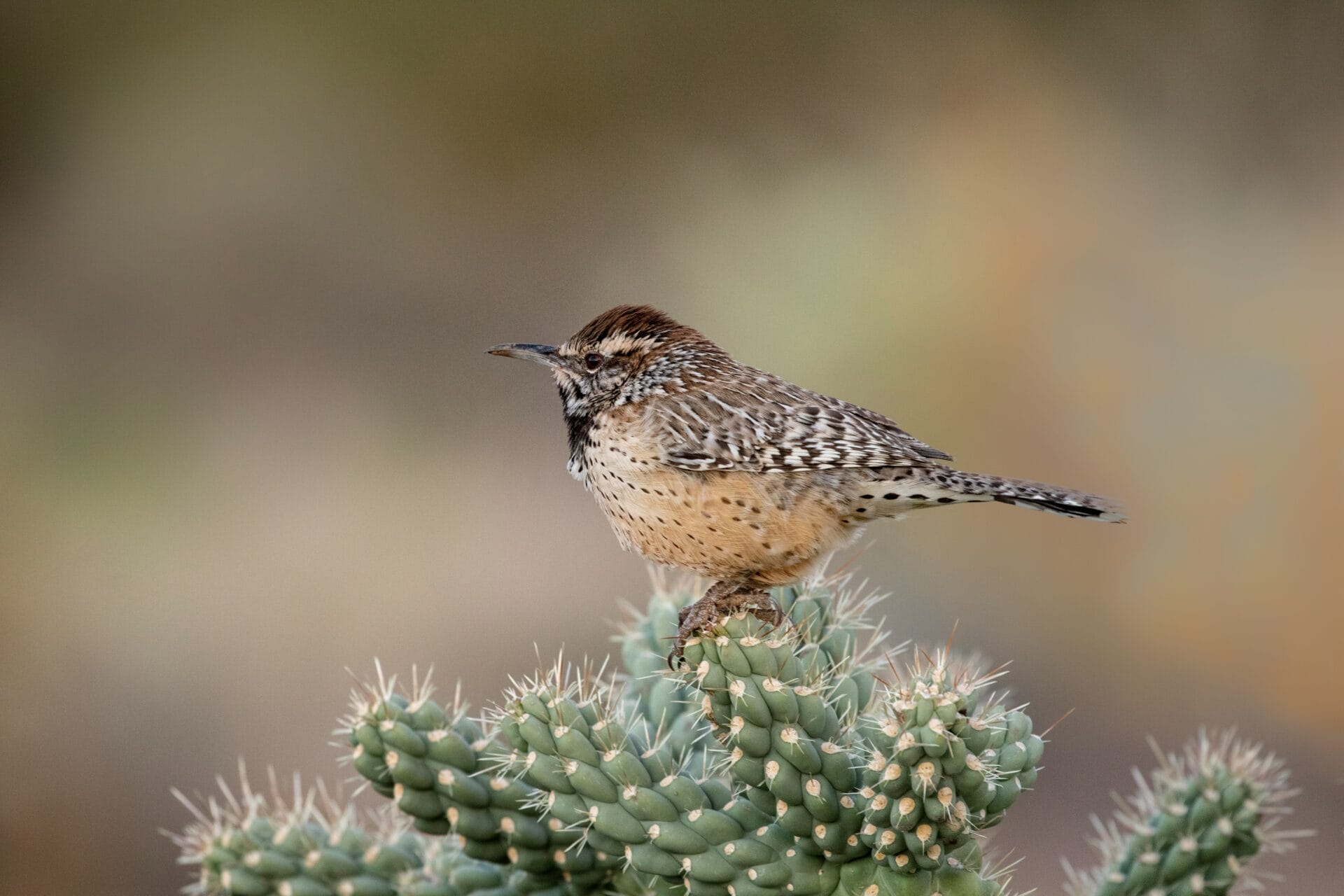Scientific activities
Learn research protocols
You can study and learn about our urban ecosystem, just like scientists! The Ecology Explorers program leads you through the steps needed to answer scientific questions. Use data collection techniques called scientific protocols to collect initial data about your schoolyard or backyard. Once your initial data is collected, it will be up to you and your classmates to look for patterns in the data and develop your own questions, hypotheses and experiments.

Arthropod activities
Arthropods are insects and arachnids, like beetles, flies, ants, spiders, scorpions and ticks. When learning about ecology, they can be a great thing to study because they play an important role in food webs, they highlight the different roles that organisms can have in an ecosystem and they are easy to collect.

Bird activities
The Sonoran Desert is home to a variety of desert-adapted plant and animal species, including over 50 different types of birds! CAP LTER scientists have been studying the impact that urbanization and growth across the Phoenix Metropolitan area have had on local bird species.

Vegetation activities
The Sonoran Desert has changed a lot over the last hundred years and this has impacted the plants that have lived here for generations. Understanding the vegetation in the desert and how it looks now compared to the past, can give scientists some insight into how we can best conserve our natural environment.

Bruchid beetles activities
Bruchid beetles rely on palo verde trees to live and thrive. By studying the interaction between these insects and their tree habitat, we can learn a lot about the health of the local ecosystem. Some scientists are exploring how urbanization could possibly impact the relationship between these species.
Study like a scientist
Scientists have a set of methods, called protocols, that they use to plan their research, collect data and carry out their experiments. Protocols help keep things consistent and ensure that scientists can share information, data and results with each other. Following these protocols gives you a roadmap to designing your own experiments!